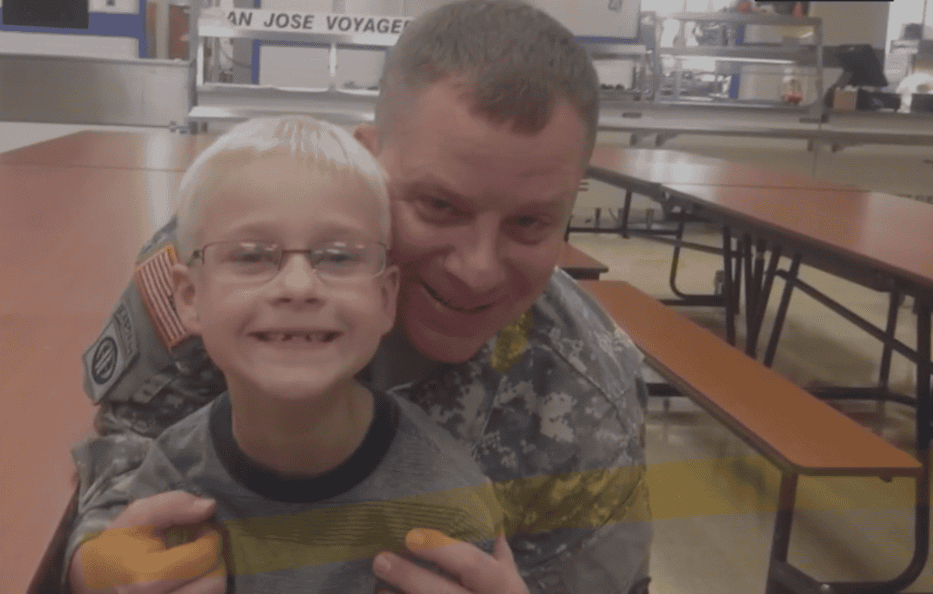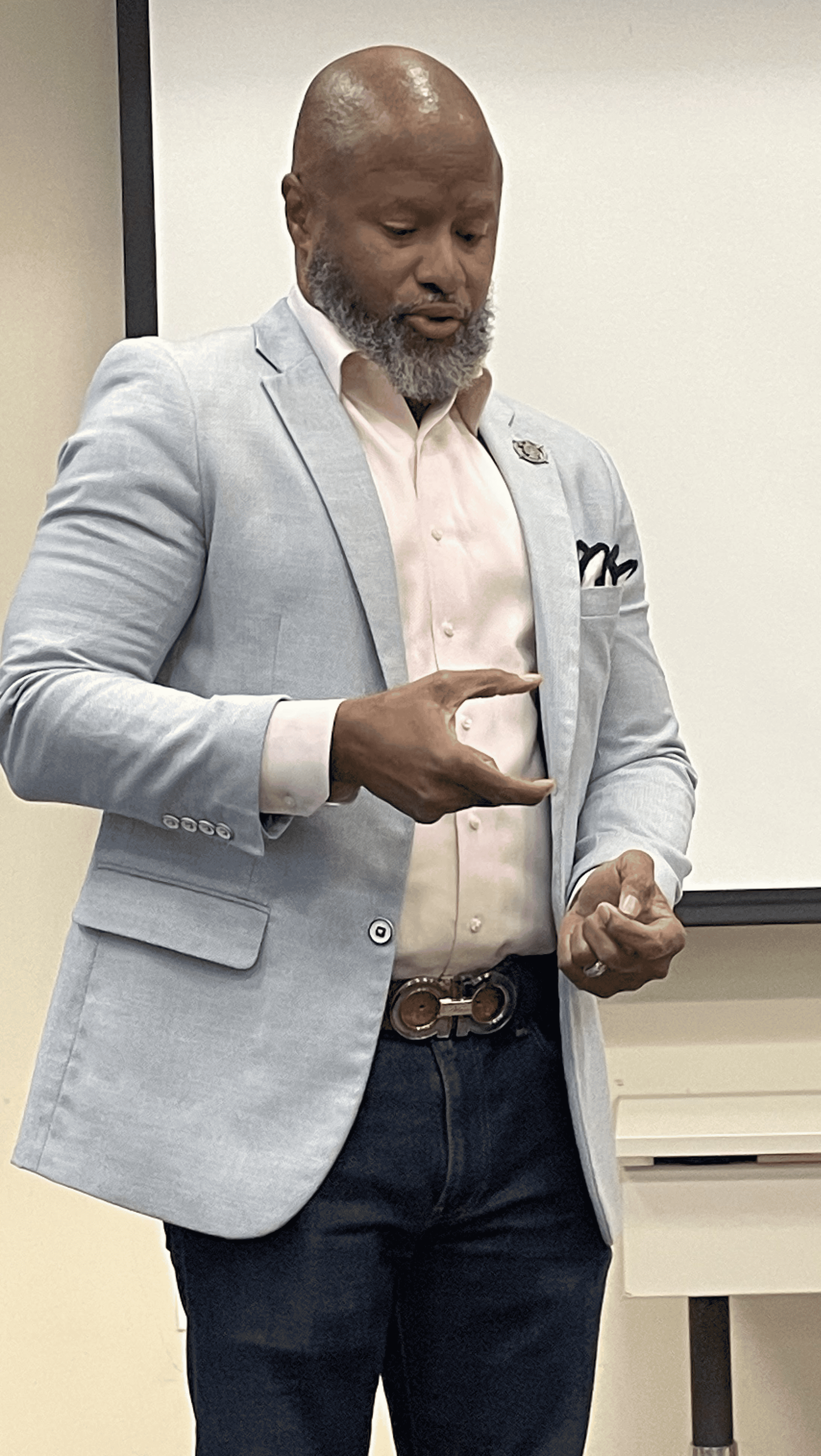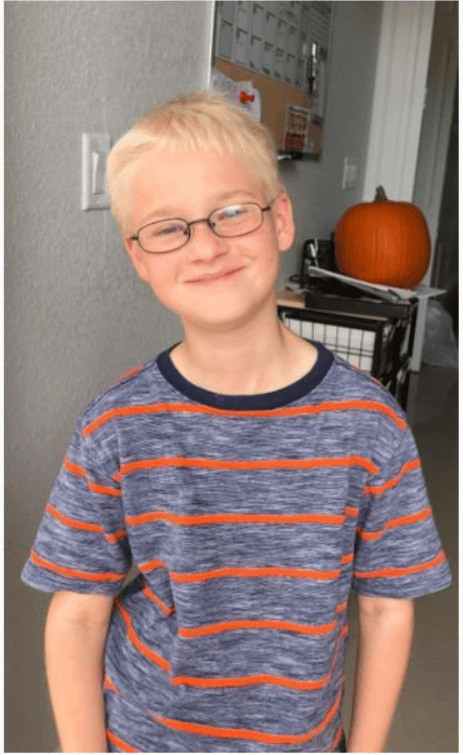Many of us are connected to suicide in one way or the other. Perhaps it was a close relative, a friend, or a spouse. Maybe we, ourselves, have thought about suicide when it seemed like the only way out of a dark place we’re in. The fortunate, if that’s the correct word to use, are those who have not followed through with the act and have gotten help−those who have come to the realization that suicide is a permanent solution to a temporary problem.
September is Suicide Prevention Month. It’s a time to understand this pervasive tragedy and reflect on its causes, prevention, and solutions.
Suicide is no respecter of age, income, race, ethnic origin, sexual orientation or gender. It can strike a ten-year-old boy, an eighteen-year-old girl, a wealthy businessman, a famous singer, a Black single mother living in the projects, a Hispanic construction worker, or a housewife living in suburbia. The real tragedy is that suicide does not exist in a vacuum. Death by suicide impacts the family and friends of the victim and the entire community. The statistics are staggering.
According to www.operationjacksvillage.org, an organization founded by Elizabeth Martin, the mother of a boy who took his own life, suicide is the leading cause of death among 13 and 14-year-olds. Completed suicides in this age group have increased by 300 percent over the past thirty years. But statistics don’t show the human side of this tragedy.
Jack Martin had no signs of depression or history of suicidal ideation, nor had he ever intentionally hurt himself. That was what made his death even more tragic. This is the case in about 1/3 of these children. They display no obvious or statistical indicators that cause concern. As a parent, that is terrifying and difficult to wrap your head around.
He cleared out his school locker before the Christmas break in 2019 and on Sunday, Jan. 7, 2020, the day before he was supposed to return to school, he hung himself. Mrs. Martin found out that, although Jack had not been bullied, many of his friends had been and he wanted desperately to help them with this and other problems. Jack had taken on the responsibility of defending or de-escalating volatile situations. He felt overwhelmed to the point where he couldn’t cope.
“Jack’s environment overloaded his nervous system as he tried so desperately to make his peers feel safe and happy,” his mother remarked.
A pre-adolescent’s brain has not fully developed and they sometimes have issues with impulse control. Rather than thinking things through, they often act in a rash manner. This is what makes them so susceptible to drugs, alcohol and other risky behavior. What was also startling to Jack’s parents is that when his death became public, they received a number of letters from children his age stating that they had also had suicidal thoughts.
“Our memories of Jack will always be of an affectionate, energetic and intelligent boy, always presenting ways to light up the room,” stated his father, Paul.
Jack’s father was in the military at the time. Although there’s no proof that this might have contributed to the boy’s suicide, military adolescents face unique stressors that can impact their mental health. These include having their parent deploy to a combat zone, prolonged separation, physical or psychological injury suffered by their parent, and adjusting to the frequent moves that a military family sometimes has to make.
There are several resources that have useful information on this subject. These include The National Child Traumatic Stress Network (www.NCTSN.org ), Military Child Education Coalition (www.militarychild.org) and National Military Family Association (www.militaryfamily.org)
Dr. Roderick Cunningham is a veteran, having served 29 years in the Air Force. Cunningham grew up in the crime-ridden housing projects of Jacksonville, Florida. His father died before he was born and he witnessed his step-father repeatedly and violently abuse his mother. It was the military that saved him from this life and perhaps repeating that cycle.
After retiring, Dr. Cunningham started to mentor young people and formed a company called Chief Empowerment Network. Among its missions is to develop economic empowerment programs for families. He speaks to groups and conducts workshops on topics such as substance use prevention, mindfulness, emotional wellness, and self-care. Cunningham is also a published author and works with people who want to publish books.
He has counseled a number of people who were on the brink of suicide. One particular incident stands out in his mind.
A man (we’ll call him Bob) called him at 3:00 am and told Cunningham that he had a gun to his head. He had been drinking. Bob was an ex-Marine and they had met just four months prior from a weekly veterans Zoom call in which Cunningham discusses faith, mental health, and VA compensation.
“I listened to him nonjudgmentally. He told me that his fraternity brothers hated him, his finances were a mess, he never knew his father and he missed his mother who had died twelve months prior. ”
They talked for two hours, during which time Cunningham offered support and encouraged him to seek professional help, but Bob could not be dissuaded from killing himself.
Then Cunningham tried a “Hail Mary Pass,” telling him, “Well, your ex-father-in-law died by suicide last year. This means that your daughter lost her grandfather to suicide. Now, she’s about to lose her father to suicide. She will be dead within six months.”
The tactic worked. Cunningham was in Tampa and Bob was in Alabama, but he found the address by doing a name/property search and sent the police to Bob’s home for a wellness check. The story had a happy ending. Bob was admitted into long-term treatment for suicide ideation and alcoholism and graduated from the program six months later.
A suicide has a devastating effect on the family. Not only do they suffer the pain of loss, but they often suffer from guilt and even anger. Quite often, they need counseling to overcome these feelings. It can be individual, group or peer-to-peer. Dr. Cunningham describes a case he dealt with in which a promising 34-year-old man (Jim) who had just finished law school died by suicide while studying for the Bar.
“His family was devastated and did not understand how this could happen. About fifteen family members joined my weekly Grief Zoom call in order to seek understanding.”
Cunningham helped them through the coping process by listening to them nonjudgmentally.
“I told the ‘Bucket’ analogy, which teaches how certain life events can cause your emotional bucket to fill up and overflow.”
These events are Parental Abandonment, Loss of a Loved One, Trauma, and Rejection. It turned out that Jim had experienced all these events at some point in his life. His parents divorced when he was only seven. Jim’s uncle had died in a car accident the previous year and Jim was driving. He had endured the trauma of the police investigation in which they blamed him for the accident. His father’s rejection at an early age, the police, and a failed romantic relationship−all of these plus probably the stress of law school and anxiety about passing the Bar had caused Jim’s “Bucket” to overflow.
Dr. Cunningham suggests that family and friends become observant of someone who has suffered some or all of these life events. They need to recommend counseling if that person is having trouble coping because any of the four could trigger suicidal thoughts.
If you have or are experiencing any of these events, along with therapy, there are ways you can deal with your feelings: journaling, creative activities, such as art or music and learning to forgive. Finding a purpose in your life can help you tremendously, whether it’s volunteering, starting a home improvement project, or taking a class to learn a new skill. Spirituality is amazingly beneficial. You can join a church or a prayer group if that is part of your beliefs, or just meditate and connect with the universe; look at the good in yourself and around you. Self-care is vital: eating properly, exercising, and taking pride in your grooming.
There are ways in which we can help prevent the tragedy of suicide. If you notice signs of suicidal thoughts, don’t dismiss them or, even worse, tell the person to “just get over it.” Allow them to talk about their feelings and urge them to get counseling. Accompany them if you have to.
As Elizabeth Martin states, “If you are seeing warning signs, DON’T LEAVE THEM ALONE. No child has ever died by suicide in front of a parent.”
If a friend or relative is grieving the loss of a loved one, refer them to a grief counselor or a support group.
Help is just a phone call away. The Suicide Lifeline is 988 and is open 24/7. For more information on the programs offered by Operation Jack’s Village, go to www.operationjacksvillage.org and you can “follow” them on Facebook.
To reach Dr. Roderick Cunningham, call 813-380-8045 or email [email protected]. For information on his weekly Zoom calls, speaking engagements or his publishing services, go to www.chiefempowerment.com or www.FromPages2Stages.com.



